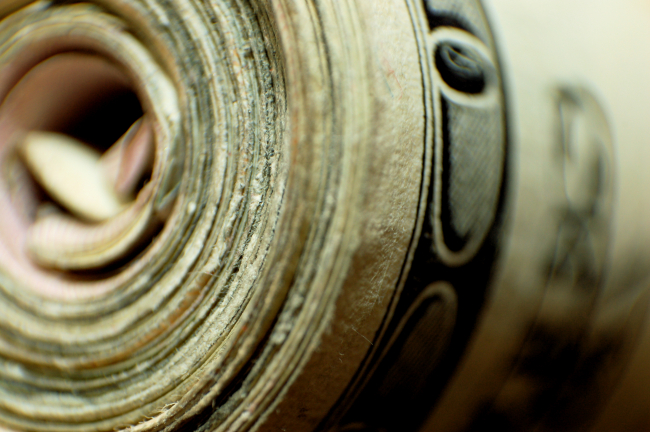BLOG
Why 1031 Exchange Cash May Be Your Best Option

Because we live in such a rapidly changing business environment, I find that people enjoy input and feedback from other business owners on matters of tax and finance. What works and why? What ideas and strategies am I missing? Is there a reason other business owners are adopting certain strategies that I have not considered? Should I consider them now?
The following explores feedback and input from our ongoing national discussions with clients, prospects, political leaders, industry associations, and others. Some, all, or none may be relevant to your business and cash model, but given that the one certainty in today’s business environment is continued uncertainty, the following will provide food for thought as the tax and finance landscape continues to ebb and flow.
1031 Exchanges as a Source of Business Cash
If you own a business and if, as part of that business, you buy equipment that you later sell to purchase new/replacement equipment, you have income tax exposure that averages 40% on those sales proceeds. If you are sending that money to the treasury, you are literally paying unnecessary taxes, and that money could be better used in your business. Period. While there are a few business owners who will simply pay these taxes instead of redirecting these funds to new equipment purchases, the vast majority of owners would rather put the money to better use in their business.
At the end of the day, a 1031 like-kind exchange affords you the ability to defer the tax and invest those dollars back into your business. You still owe the money, but the payback terms are flexible. You get to decide when you pay it back, and you get to decide how to use it. You don’t have to tap into existing lines of bank credit. (usually a good thing), and you enjoy the benefits of the cash without the usual encumbrance associated with debt.
Cost of Capital
Virtually all of the tax reform talk in Washington is about eliminating deductions and reducing the overall tax rate, and any money your company chooses to retain and invest will ultimately be paid back at the prevailing tax rate and not the current tax rate. If you deferred taxes on the sale of used equipment at a 39% income tax rate, and someday you pay back those taxes at a 25% or 30% income tax rate, you’ve permanently pocketed the difference.
The American business owner has been lulled into a false sense of security with cheap money. No one thinks cheap capital will continue indefinitely. In fact, we are already beginning to see “cost creep” on lines of credit and capital loans. While the cost of capital is still relatively low, it is rising. Accessing permanently cheap cash via a 1031 exchange is one way to keep a large chunk of your business capital relatively cheap.
Internal Rate of Return
I love this discussion with business owners. Most competently run companies will have an Internal Rate of Return (IRR) of 6-12%, depending on many factors. When they realize that they can access cash via like-kind exchange deferrals for a fraction of their IRRs, few can find fault in deferring that tax money and plugging it into their businesses.
Cash is King
Three simple words, “Cash is King,” drives America’s business success. It’s hard to argue with the premise that more cash - especially cheap cash - is anything but a good thing for a business owner. If your business is regularly disposing of business equipment and owing taxes on such disposal, you might want to talk with your tax adviser about the cash-generating benefits of a 1031 like-kind exchange program.
Photo: Andrew Magill
